
Brazil, Dispatches, United States
Wikileaks Cables Portray A Different Side Of Brazil’s Lula da Silva
December 15, 2010 By Nikolas Kozloff
Lula’s Second Term
During a party thrown to celebrate Lula’s election to a second term, U.S. Ambassador Clifford Sobel told Lula Chief of Staff Gilberto Carvalho that he was concerned about Brazilian rhetoric stressing the need to develop “counterbalances” to the United States. Carvalho said: there would be “no further discussion” of such matters and “asked for the Ambassador’s understanding if rhetoric during the election campaign had occasionally seemed critical of the U.S.”
Over the next few years, while Brazil continued to promote friendly ties to the Bush administration though, much to the dismay of U.S. diplomats the South American juggernaut would not move to isolate the South American left. In early 2009, now in the first few months of the Obama administration, Sobel wrote a revealing report concerning the future direction of Brazilian foreign policy. Brazil, he noted, was now assuming an increasingly more prominent role on the world stage and Itamaraty, the Ministry of Foreign Affairs, would likely be dominated by three different personalities: the “nationalist” Foreign Minister Celso Amorim; “anti-American” Secretary General (deputy Foreign Minister) Samuel Pinheiro Guimarães, and “the academic leftist” presidential Foreign Policy Advisor Marco Aurelio Garcia.
Itamaraty’s “Pragmatic” Team
According to a cable from Sobel, Secretary General Guimarães was an obstacle to the U.S. as the diplomat was “virulently anti-American, and anti-‘first world’ in general.” As a senior official in charge of personnel matters, he issued a required reading list of books which were critical of the U.S. and was furthermore guilty “of using ideological requirements in handing out promotions.” In addition, Guimarães was “known to have gone out of his way to provoke and stall initiatives by U.S. and European countries.” Fortunately, the diplomat was part of the old guard and was shortly scheduled for retirement.
Other diplomats were more pliable toward U.S. desires. Under Amorim, Brazil had been had rejected cooperation on biofuels, and had “launched a number of initiatives in South America that do not include the United States,” Sobel remarked. Yet, even at Itamaraty, one of the more leftist enclaves within the Brazilian government, “a broader, once nearly knee-jerk anti-Americanism has given way to a growing desire to have a seat among global players.”
The inherent desire to be accepted by the more “responsible” international powers, and to acquire a coveted seat at the United Nations Security Council, would ultimately act as a check on Amorim, making it very unlikely that Brazil would pursue a more avowedly leftist orientation in its foreign policy. Furthermore, if Itamaraty entertained any notion of pursuing controversial stances on foreign affairs, the private sector would act as a strong countervailing force.
In the words of Sobel, “there is a growing debate among the non-government foreign policy elite in Brazil, and substantial opposition from the private sector, regarding the wisdom of what is widely acknowledged as a heavy south-south focus. This debate expresses publicly the discomfort that many diplomats express privately with the direction of Brazil’s foreign policy under Lula.” Given the widespread opposition by the private sector, it was not a surprise that under Amorim Brazil had placed “renewed primacy” on a “constructive and engaged role in the WTO negotiations (under pressure from Brazil’s private sector).”
Foreign Policy Advisor Garcia meanwhile was one of Lula’s closest advisers and exercised an “outsized influence.” A longtime leftist, Garcia championed close relations with “Pink Tide” governments throughout the region. Yet even Garcia seemed very self conscious about his ideological stripes, going out of his way to prove his “responsible” bona fides in private. “Talking with Americans,” Sobel noted, “he [Garcia] tends to couch negative views of the United States as good-natured jokes from the past (“When I was young, we used to call the OAS ‘the Ministry of U.S. Colonies’; “When I was a young man, the joke was, ‘Why has the United States never had a coup? Because it doesn’t have a U.S. embassy!’”).
Whatever his true beliefs, Garcia wound up promoting Lula’s “pragmatic” approach toward foreign policy, which is clearly evident in leaked documents. One cable dating to early 2010, during a meeting with U.S. officials, has Garcia assuring the U.S. that Bolivian President Evo Morales was “more moderate than his words or image indicate.” Garcia added that Bolivia “should not be viewed as a concern for either the U.S. or Brazil,” meaning that the Morales regime would presumably not threaten wider regional stability or big power interests.
Though Sobel acknowledged that dealing with Itamaraty had sometimes proven “frustrating,” nevertheless the departure of old guard stalwarts like Guimarães boded well for overall U.S. strategic interests. The U.S. ambassador eagerly looked forward to “shaping the views of a large cohort of younger, more pragmatic, and more globally oriented diplomats who will be moving into senior ranks.”
Rehabilitating the Military
Even if Itamaraty presented a viable ideological challenge to U.S. interests, Washington had a number of options on the table when it came to dealing with Brazil. In particular, Sobel recommended that the State Department seek to improve ties to Brazil’s armed forces. Though ostracized for decades after the fall of military dictatorship in 1985, Lula had placed renewed primacy on restoring Brazilian military prowess.
Wikileaks cables reveal Brazil as intent on pursuing armed forces expansion, a development which may give pause to many on the South American left. Somewhat ominously perhaps, Brazil wants to promote military expansion as a means of enhancing its own industrial development. “After more than twenty years outside the political mainstream, and twenty years of minimal resources,” Sobel remarked, “the Brazilian military is now making a case for its modernization. As it does so, opportunities will exist for improving the U.S.-Brazil security partnership.”
About Nikolas Kozloff
Nikolas Kozloff is a New York-based writer specializing in political and environmental topics. A former academic, he received his doctorate in Latin American history from Oxford University in 2002. Prior to writing his first book, he worked as a Senior Research Fellow at the Washington, D.C.-based Council on Hemispheric Affairs, where he conducted research papers on Venezuela. He has provided political analysis on Latin America for such media outlets as BBC, WNYC's Brian Lehrer, C-SPAN Washington Journal, and even put in a guest appearance on the Daily Show with Jon Stewart. Though he writes frequently on Latin America for such online publications as the Huffington Post, in more recent years he has focused increasingly on environmental topics.
< Previous Article
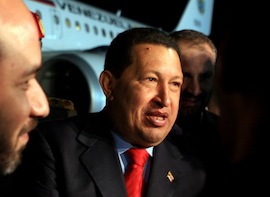
December 15, 2010 > Staff
Chávez Asks Venezuela National Assembly For Decree Powers
Next Article >
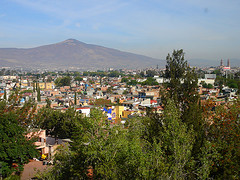

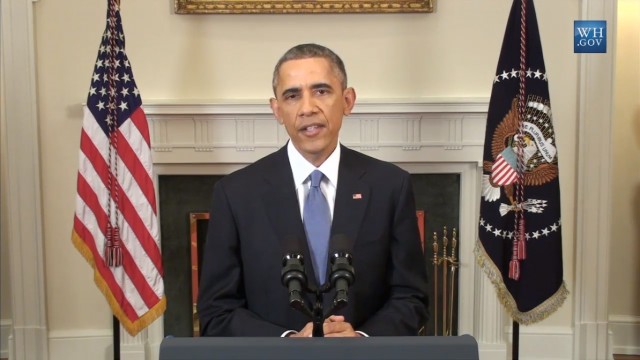
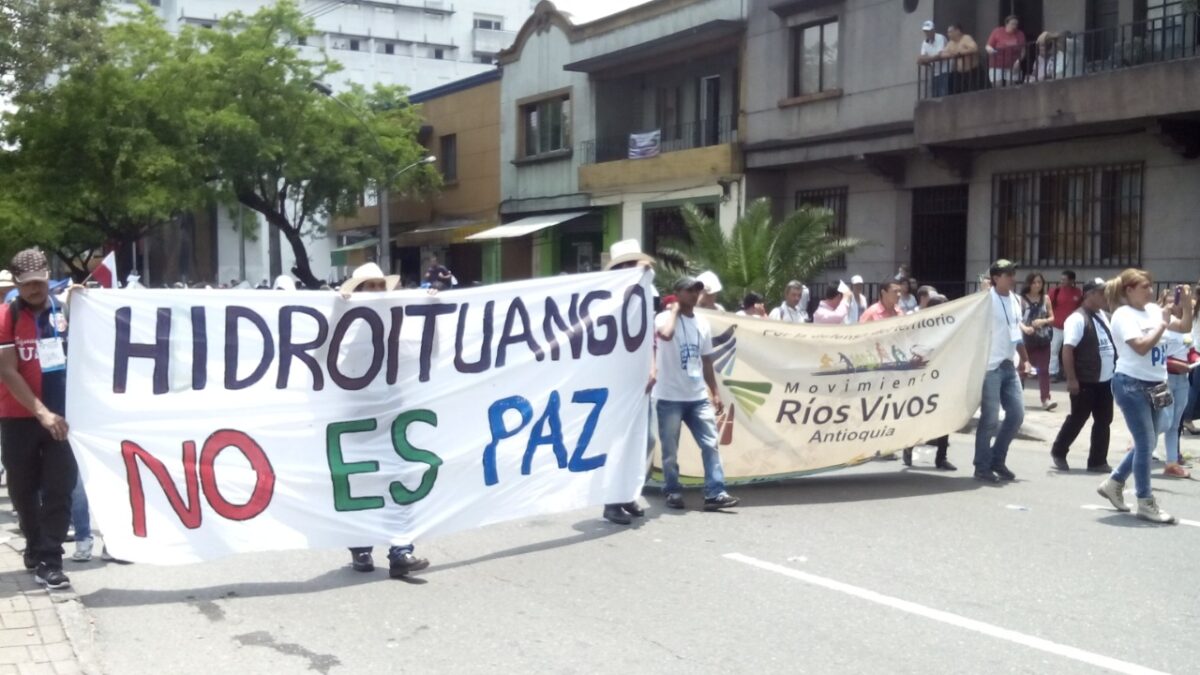
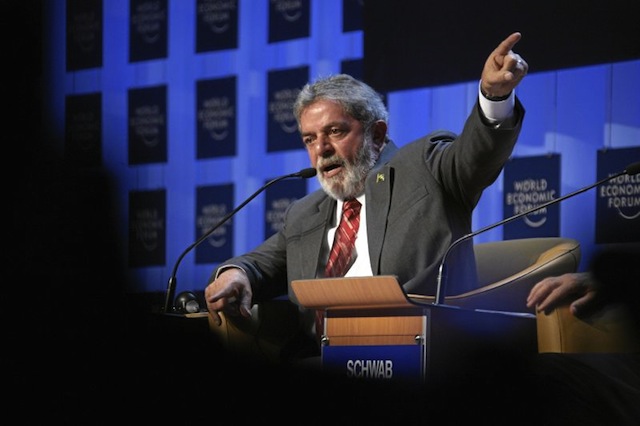
5 Comments
[…] https://latindispatch.com/2010/12/15/wikileaks-cables-portray-a-different-side-of-brazils-lula/ […]
[…] Wikileaks cables reveal a different side of Brazil’s Lula da Silva, Latin America News Dispatch […]
That Wikileaks is a very sophisticated and elaborate subterfuge for disinformation.
The goal of that potpourri of good and and false information is to divided and conquer. Caveat emptor– Let the buyer beware.
I understand that by including the rest of Latin America in this article things just get way too complicated, but without Mexico, Argentina or even Spain it’s hard to see Brazil being the “main cop on the beat.” Brazil is in many ways a similar position to China, a poor but developing country which is only just now starting to manage overwhelming internal problems. Brazil has a very long way to go before projecting its power in South America. I can see a plurality of Brazilian interests trying to influence UNASUR in the future- a la Germany, but I don’t see Brazilians interested in US style regional hegemony.
This is a well researched article. Great job. A lot of the revelations we suspected already (the pragmatiism, the desire not to aly Brazil with the hard left, the lack of real conflict between Brazil’s rise and US interest), but it’s interesting to get this inside view.
Comments are closed.